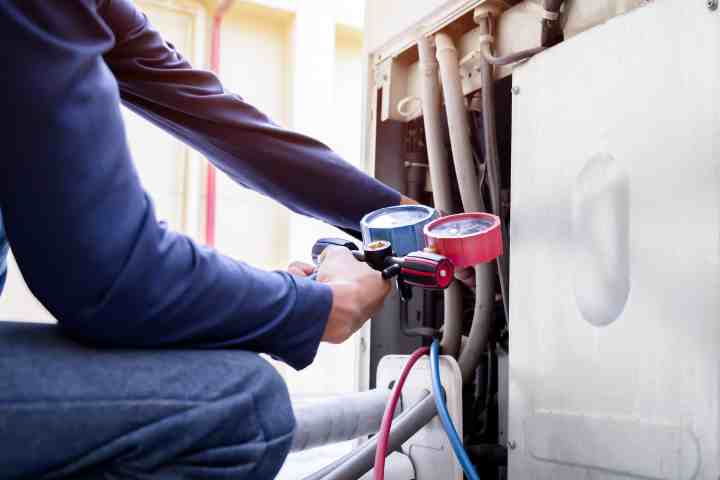Heating, ventilation, and air conditioning (HVAC) is a term used to describe the technology of indoor environmental comfort. HVAC systems are designed to provide heating, cooling, and ventilation to buildings and homes. In this beginner’s guide, we’ll explain what HVAC is, how it works, and why it’s important.
What is HVAC?
HVAC stands for heating, ventilation, and air conditioning. It is a system that provides indoor climate control for residential, commercial, and industrial buildings. The goal of an HVAC system is to provide thermal comfort, maintain indoor air quality, and provide adequate ventilation.
How does HVAC work?
An HVAC system typically consists of three major components: a furnace or heat pump for heating, an air conditioner or heat pump for cooling, and a ventilation system for air distribution. The furnace or heat pump heats the air, which is then distributed through ducts to different areas of the building. The air conditioner or heat pump cools the air and removes moisture from it, which is then also distributed through the same ducts. The ventilation system provides fresh air and removes stale air from the building.
Why is HVAC important?
HVAC is important because it helps maintain a comfortable and healthy indoor environment. In addition to providing thermal comfort, HVAC systems can help control humidity levels and prevent the growth of mold and other indoor pollutants. Proper ventilation also ensures that fresh air is circulated throughout the building, which can improve indoor air quality and reduce the risk of respiratory problems.
In summary, HVAC systems are essential for maintaining a comfortable and healthy indoor environment. By providing heating, cooling, and ventilation, HVAC systems help ensure that the air quality and temperature inside a building are optimal. If you need HVAC services, be sure to contact a professional who can provide expert advice and solutions for your specific needs.


